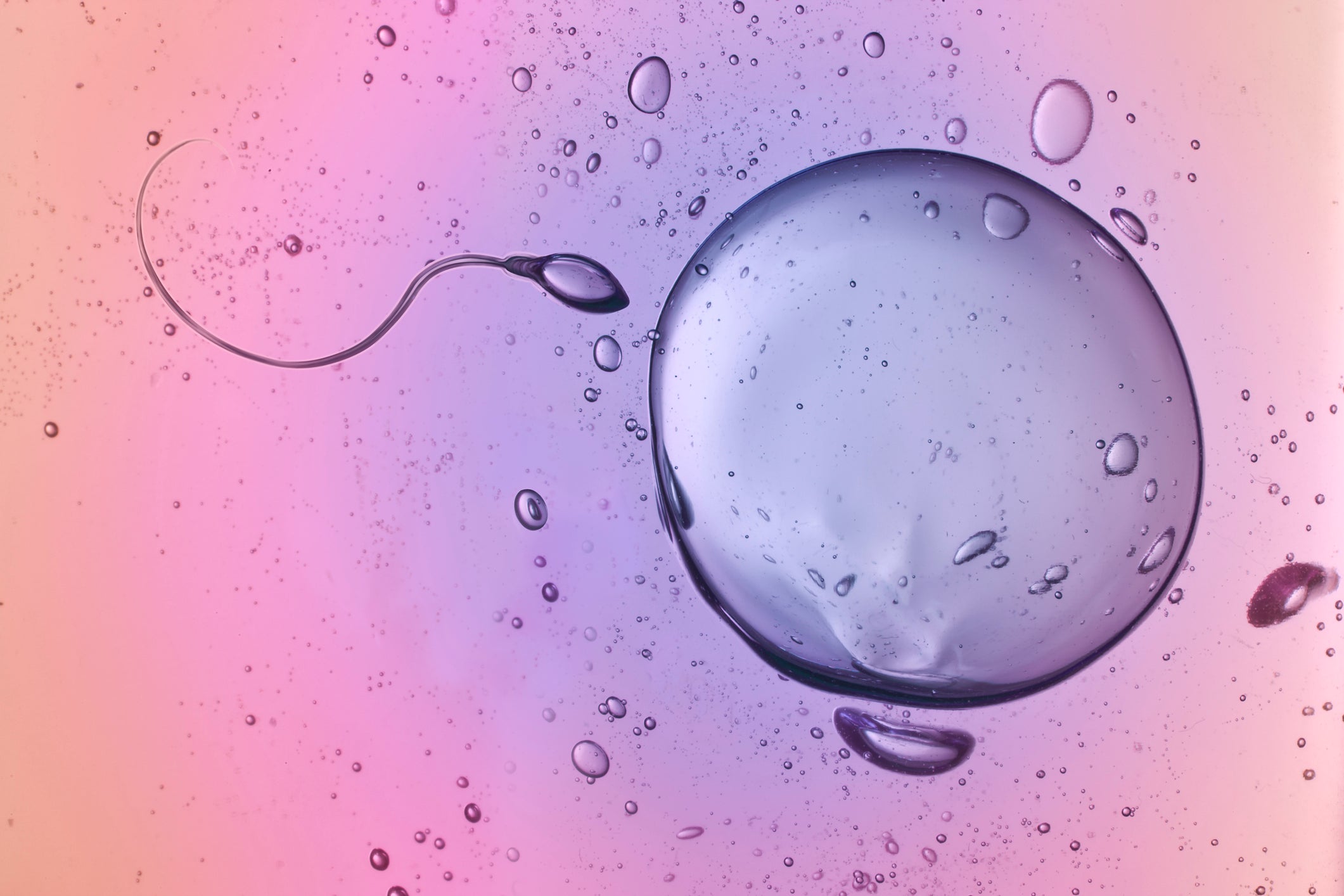Highly educated women are freezing their eggs due to shortage of equally educated men
The situation is expected to continue with 36.8 per cent of women entering higher education last year, compared to 27.2 per cent of men, according to university admissions service UCAS.

Your support helps us to tell the story
From reproductive rights to climate change to Big Tech, The Independent is on the ground when the story is developing. Whether it's investigating the financials of Elon Musk's pro-Trump PAC or producing our latest documentary, 'The A Word', which shines a light on the American women fighting for reproductive rights, we know how important it is to parse out the facts from the messaging.
At such a critical moment in US history, we need reporters on the ground. Your donation allows us to keep sending journalists to speak to both sides of the story.
The Independent is trusted by Americans across the entire political spectrum. And unlike many other quality news outlets, we choose not to lock Americans out of our reporting and analysis with paywalls. We believe quality journalism should be available to everyone, paid for by those who can afford it.
Your support makes all the difference.New research debunks the myth that women choose to freeze their eggs in order to prioritise their careers. Instead, the increasing disparity between men and women’s education levels is making the option is increasingly attractive for the "oversupply" of highly educated women, according to the latest research.
A new anthropological study borrows the term "leftover women" used in China, to describe the highly educated women who decide to freeze their eggs because they are unable to find equivalently educated men.
The generation of "missing men", is primarily due to the fact that fewer men are entering higher education, according to researchers at Yale University. The study examined 150 women in the US and Israel undergoing egg freezing at eight clinics. More than 90 per cent said they were "preserving" their eggs because they were single or unmarried. 81% of women interviewed in the study had a college degree.
"There is a major gap - they are literally missing men. There are not enough college graduates for them. In simple terms, this is about an oversupply of educated women," said author of the study Marcia Ihorn, a Professor of Anthropology at Yale.
The situation is similar for the UK according to Professor Geeta Nargund, medical director of Create Fertility, who told The Telegraph "it is something to celebrate that more women are going to university and getting educated but, at the same time, when it comes to starting a family it seems there is now a societal problem."
"Women tell us frequently that they are freezing their eggs because the men they meet feel threatened by their success and so are unwilling to commit to starting a family together," she added.
Defying biological timelines, the ability to freeze eggs has enabled 3,676 women in the UK up until 2014 to put motherhood on hold. The situation is expected to continue with 36.8 per cent of women entering higher education last year, compared to 27.2 per cent of men, according to university admissions service UCAS.
"I think this is an issue that has been misinterpreted so much - this idea of a selfish career woman, putting her fertility on hold," said Professor Inhorn.
"As a feminist I think it’s great that women are doing so well but I think there has been a cost that has been paid," she added.
"These women were unable to find educated men willing to commit to family life - the reflection of a growing, but little-discussed gender trend, with women increasingly outnumbering male college graduates," the report concluded.
Join our commenting forum
Join thought-provoking conversations, follow other Independent readers and see their replies
Comments